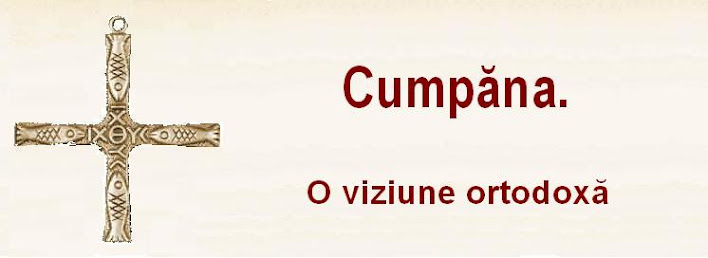Cartea lui Yoram Hazony, The Virtue of
Nationalism
a fost declarată de Intercollegiate
Studies Institute „cartea conservatoare a anului” (https://home.isi.org/professors/paolucci-book-award).
Lucrarea a fost recomandată și pe site-ul Cuvântul Ortodox (https://analize.cuvantul-ortodox.ro/nationalismul-si-imperiul-liberal-de-ce-nociva-guvernarea-mondiala/).
În schimb, conservatorii cu imaginație par să nu le împărtășească entuziasmul:
„Dr. Hazony
traces the false charge that nationalism means hatred for outsiders to biased
imperialists under the influence of Christianity, who were «prolific in the
hatred they inspired in their adherents», particularly «hatred of Jews.» Only
after Christians began reading the Hebrew Bible recently has this moderated
somewhat. The underlying flaw in Western civilization is its Christian
universalism, which is the inspiration for internationalism. Even liberalism
and Kantianism were secular version of Christianity’s universalism, including
Protestantism’s. Indeed, it was Dr. Hazony’s favorite in the Thirty Years’ War,
the liberal Protestant Netherlands, that so embraced the E.U. Even English
Calvinism failed until Brexit. The U.S. was lost to internationalism until Donald Trump. Only
Israel was consistently nationalist.
[...]
The universalist ideologies today threatening the modern world are listed by
the author as «Christianity, Islam, liberalism, Marxism and Nazism», in that
order, several times. What is left in Dr. Hazony’s world with two of these
passé and the others excluded as universalist – constituting at least two-thirds
of the world – and probably more? The Tablet’s David Goodman
can only explain this by arguing that Dr. Hazony’s real purpose was
simply to legitimize the current state of Israel and properly promote it as
Isaiah’s «light unto the nations», a thesis Mr. Goodman thinks Dr. Hazony would
like to «shout from the rooftops» but which he repressed at the cost of
distorting history.
[...]
Dr. Hazony does sometimes slip from his rigid dichotomy. While stressing the
nationalism of Moses, he feels it necessary to concede that Abraham spoke of
universalism – but did not support an empire – breaking the author’s own
universalist dichotomy and the whole framework of the book, proving that the
author is much superior to his restrictive apriorism.” (https://theimaginativeconservative.org/2018/10/virtue-of-nationalism-yoram-hazony-donald-devine.html)
